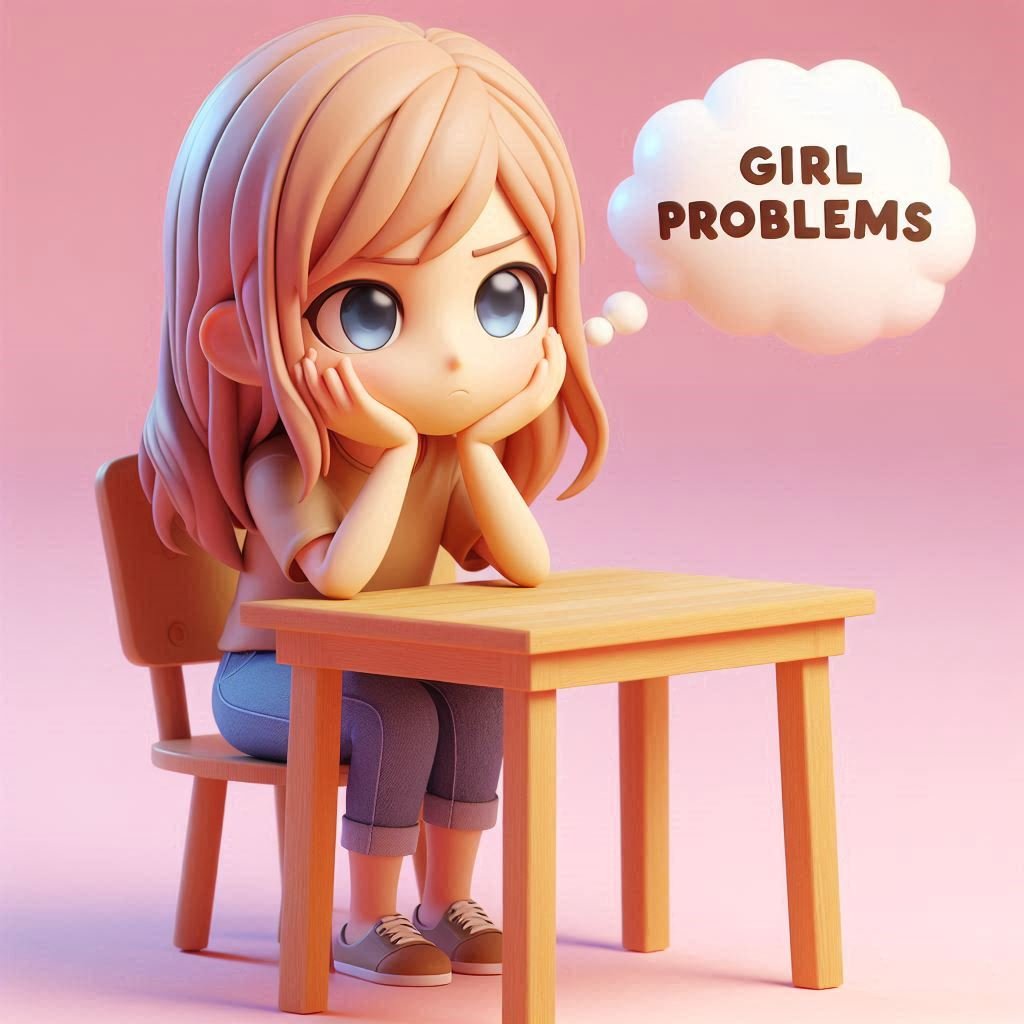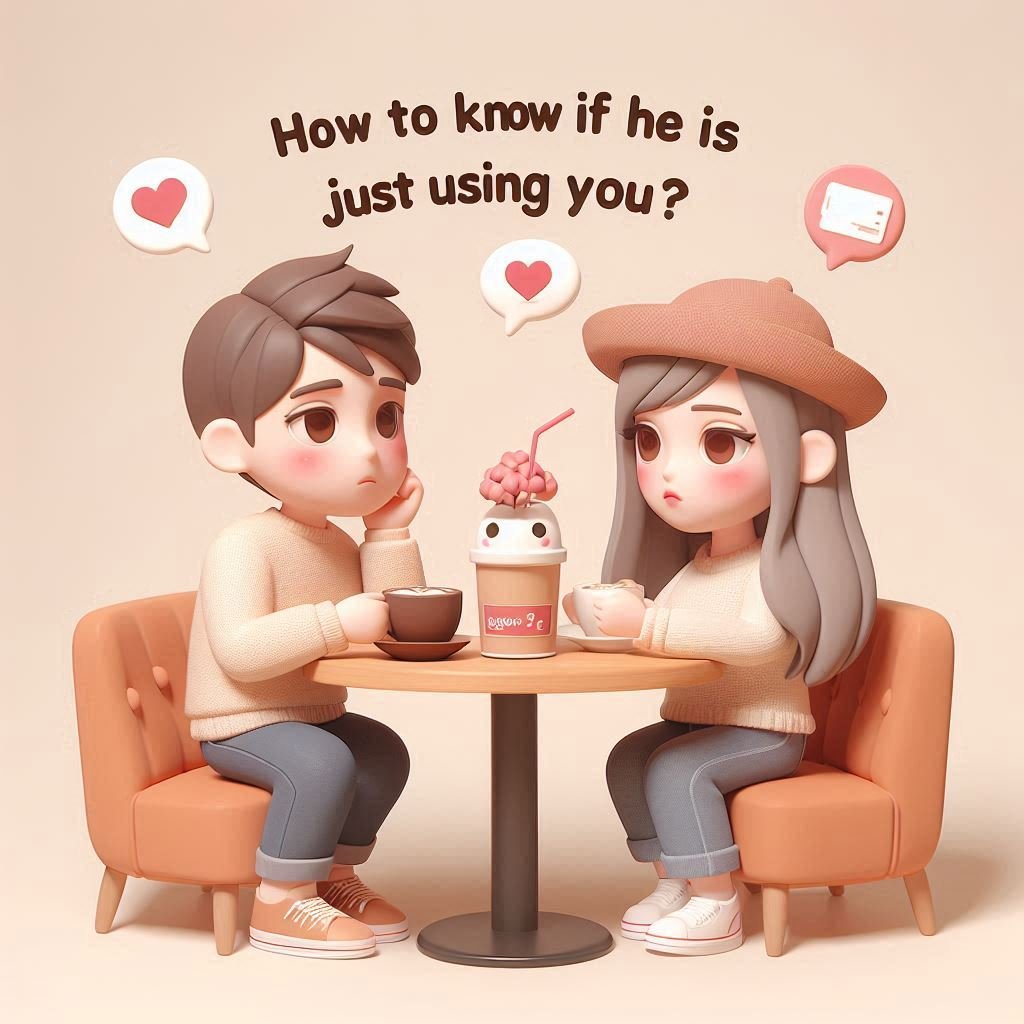Frequently Asked Questions – Wisher
Can you touch a girl on her period?
When it comes to physical affection with a girl on her period, sensitivity and respect are key. Each person has different comfort levels, so it’s important to approach the situation with care. Start by respecting her boundaries and communicating openly about how she feels regarding physical touch. Asking simple questions like, “Is it okay if I give you a hug?” can help ensure she feels comfortable and valued.
Feeling overwhelmed in my relationship made me realize that I needed to invest more in myself. I started exploring ways to rejuvenate my routine, from skincare to bodycare. I came across a brand that offers vegan products and amazing deals. It’s incredible how simple changes in self-care can boost your mood and positively impact your relationship.

Gentle affection, such as holding hands or offering a soft hug, can be reassuring and supportive. If she’s experiencing cramps, offering a gentle massage on her lower back or abdomen might provide some relief, but always ask first to make sure this is something she wants. It’s crucial to be empathetic and understanding, recognizing that she might be dealing with discomfort or mood swings due to hormonal changes.
Avoid making dismissive or belittling comments about her experience. Instead, focus on offering support and being a comforting presence. If you’re engaging in more intimate activities, be mindful of hygiene and consider using protection to avoid any risk of infection. Be prepared for potential messiness and have practical solutions, like using towels or having a shower afterward.
By approaching the situation with respect and open communication, you can offer comfort and support during her period, making the experience more manageable for both of you.
What should a girl not do during her period?
Managing your period can be challenging, but with the right approach, you can make the experience more comfortable. One crucial aspect is to ensure you never skip meals. Your body needs steady nutrition to cope with the demands of menstruation. When you skip meals, it can lead to increased fatigue and irritability, making the whole experience more taxing. Eating balanced, nourishing meals will help keep your energy levels stable and your mood in check, making those days a bit easier to handle.
It’s also wise to avoid high-salt foods. They can exacerbate bloating and water retention, leaving you feeling more uncomfortable. Instead, focus on foods that are gentle on your digestive system. This small adjustment can help manage bloating and keep you feeling more at ease. Alongside this, cutting down on caffeine can be beneficial as well. Excessive caffeine can worsen menstrual cramps and contribute to breast tenderness, so switching to soothing herbal teas might be a kinder choice for your body during this time.

Feeling overwhelmed in my relationship made me realize that I needed to invest more in myself. I started exploring ways to rejuvenate my routine, from skincare to bodycare. I came across a brand that offers vegan products and amazing deals. It’s incredible how simple changes in self-care can boost your mood and positively impact your relationship.
Refraining from douching is another important tip. This practice can disrupt the natural balance of bacteria in the vagina, increasing the risk of infections. Sticking to regular hygiene practices is usually sufficient and helps maintain your health. Also, remember to change your sanitary products regularly. Whether you use pads or tampons, changing them every 4-6 hours can prevent discomfort and reduce the risk of infections, ensuring you stay more comfortable throughout your period.
If you’re feeling particularly fatigued or in pain, it’s essential to listen to your body and avoid heavy exercise. While light activity can be beneficial, pushing yourself too hard can worsen discomfort. Instead, consider using heat pads or over-the-counter pain relief for severe cramps, and don’t hesitate to consult a healthcare professional if needed. Staying hydrated is also crucial; drinking plenty of water can help manage bloating and alleviate headaches.
Lastly, it’s important to stay connected with others, even if you’re tempted to isolate yourself. Engaging in light social activities that lift your spirits can help combat feelings of loneliness. Moderating sugary foods to avoid energy crashes and mood swings, and neglecting self-care routines can worsen discomfort. Taking time to relax, pamper yourself, and enjoy activities that bring you joy can significantly enhance your overall well-being during your period. By integrating these practices, you can navigate this time with greater ease and comfort.
Are girl more irritable on their period?
During their periods, many girls and women can experience increased irritability, and this is often due to hormonal fluctuations. Throughout the menstrual cycle, levels of hormones such as estrogen and progesterone shift significantly. These fluctuations can impact neurotransmitters in the brain that regulate mood, leading to heightened irritability and mood swings. It’s not just a minor inconvenience—these hormonal changes can deeply affect emotional responses.

Premenstrual Syndrome (PMS) is a common condition that many women face, marked by symptoms such as irritability, anxiety, and sadness. These emotional symptoms often intensify just before menstruation begins, contributing to heightened sensitivity and moodiness. Physical discomfort from cramps, bloating, and other menstrual symptoms can also play a significant role in this increased irritability. When someone is dealing with physical pain or discomfort, maintaining a positive mood becomes more challenging.
Stress and fatigue resulting from hormonal changes and physical discomfort can further exacerbate irritability. This combination of factors can make everyday stresses feel more overwhelming, affecting mood even more. During this time, women may also be more sensitive to comments or actions that they might normally overlook. It’s important for those around them to offer understanding and patience.
For partners and friends, being supportive and sensitive to these emotional fluctuations can make a significant difference. Avoiding dismissive comments and instead offering a listening ear and empathetic support can help alleviate some of the stress and discomfort that comes with this period of heightened irritability. Understanding these dynamics can foster a more supportive and caring environment during menstruation.




2 thoughts on “#72 Can you touch a girl on her period? || Best Solution”